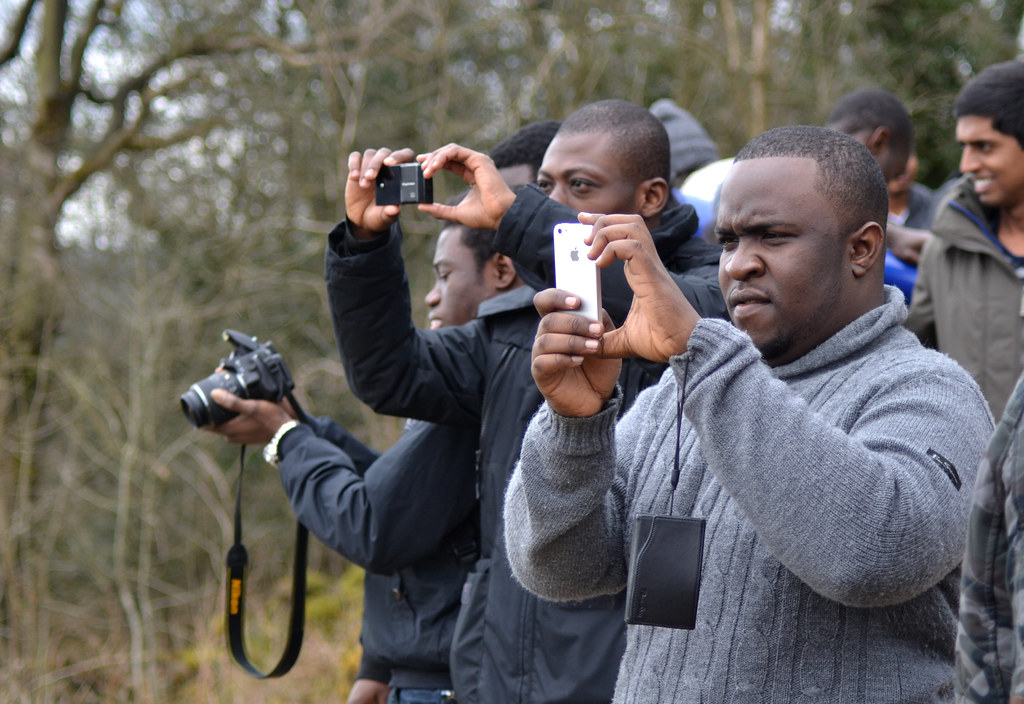Obroni, a History
Most Ghanaians think "obroni" means "white person" or "foreigner", but it stems from the Akan phrase "abro nipa" meaning "wicked person."

Image: Nottingham Trent University, via Flickr.
Most Ghanaian parents know the origin of the word “obroni,” but felt it wiser not to tell us. One day we will realise how stupid how parents were. It will be too late then. This relatively new Akan word is about a century old in a language that is about a thousand years old.
If you are of a slightly fairer complexion than the average Ghanaian you may be called it quite often, with unmissable gain in frequency soon as your environment becomes more rural. You may also be called “obroni” if you are darker than the average Ghanaian, highlighting the sarcastic side of the Ghanaian.
We have come to accept “obroni” as meaning “white person” or “foreigner”, but the etymology of the word stems from the Akan phrase “abro nipa” meaning “wicked person” which is what our ancestors generally called Europeans based on their general behavior back then. For those sticking to the “abro akyi” theory (behind the corn) you are doing your own people a disservice assuming we did not already know what was behind the corn we had planted. Did we not know of the ocean? What didn’t “nsuo akyi” (behind the water) or “nsuo no so” (on the water) creating the name “nsuoni” (water person)? The Akan word for the colour white is “fitaa” so Europeans would have been called “fitaani” (white people) if our ancestors could bring themselves to naming invaders who disturbed us so deeply on as shallow a whim as just their external colour. Not to mention a colour which would accurately have been red most of the time from the heat, dodged mosquito self slaps and flustering from seeing “naked” people.
If you know much about the importance Africans attribute to naming, you will know we rarely name someone by their appearance as opposed to their character, ability, or trait. Most of our ancestors saw our people suffer at the hands of Europeans, so they named them according to their general behavior so that we would also be cautious of them. The Ewe call the european “Ayivu” which means “tricky dog” because they figured out the European’s plan, and were not as infiltrated as others like the coastal Ga who call Europeans “blofonyo” which means “executioner” because of the the number of rebellious Africans that were constantly being beheaded, shot, or hanged by Europeans along the Ga coast. Yes my Ga peers, “blofonyo” means executioner like “obrafuor” in Twi.
Yes not all Europeans are evil, like not all Africans are kind. But, if our parents had any sense they would have handed down this information so we do not close our eyes and open our arms, mouth, and legs wide when welcoming Jesus and his pedophile priests or nuns, Santa Claus, NGO volunteers, IMF … you get my drift. So tell your children, parents & peers that next time they see a European or foreigner they should ask them their name and call them by that. But most importantly, tell them why.



